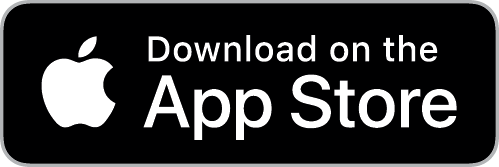
Special Events and Calendar
Science Café: Machine Learning and Artificial Intelligence
Wednesday, April 24, 2024
5:30 p.m.–7:30 p.m.
Conor O’Neill’s Traditional Pub
318 South Main Street, Ann Arbor
What is machine learning? Is it the same as artificial intelligence? Please join Raed Al Kontar of the U-M Department of Industrial & Operations Engineering to discuss how machine learning algorithms can be applied to distributed systems such as cars, phones, and hospitals, where data come from many sources.
Science Cafés provide an opportunity for audiences to discuss current research topics with experts in an informal setting.
Hors d’oeuvres at 5:30 p.m.
The program begins at 6:00 p.m.
Seating is limited—come early.
Sponsored by the University of Michigan Chapter of Sigma Xi, The Scientific Research Honor Society
Biological Sciences Building, 1105 North University Avenue, Ann Arbor, MI 48109-1085
ummnh.info@umich.edu | 734-764-0478


